Liberty the essence of life. Whatever is done without it is imperfect
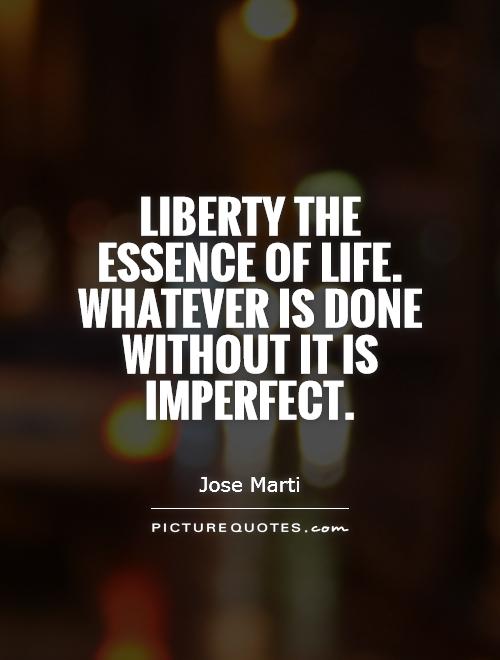
Liberty the essence of life. Whatever is done without it is imperfect
José Martí, a Cuban poet, writer, and revolutionary, understood the importance of liberty in the essence of life. Throughout his works, Martí emphasized the necessity of freedom in order to achieve true fulfillment and perfection. He believed that without liberty, individuals are unable to fully realize their potential and live a truly meaningful existence.For Martí, liberty was not just a political concept, but a fundamental aspect of human nature. He believed that every individual has the inherent right to be free, to think for themselves, and to pursue their own happiness. Without liberty, Martí argued, individuals are constrained by external forces and unable to fully express themselves or reach their full potential.
In his writings, Martí often spoke out against oppression and tyranny, advocating for the rights of the individual to be free from the constraints of authoritarian rule. He believed that true freedom could only be achieved through the empowerment of the individual, allowing them to make their own choices and determine their own destiny.
Martí's belief in the importance of liberty was deeply rooted in his own experiences as a revolutionary fighting for Cuban independence. He understood firsthand the struggles and sacrifices that come with fighting for freedom, and he believed that it was worth it in order to achieve a more just and equitable society.
In one of his most famous quotes, Martí wrote, "Liberty is the essence of life. Whatever is done without it is imperfect." This statement encapsulates his belief that without liberty, individuals are unable to fully realize their potential and live a truly fulfilling life. For Martí, true perfection can only be achieved when individuals are free to pursue their own dreams and aspirations, without the constraints of external forces.
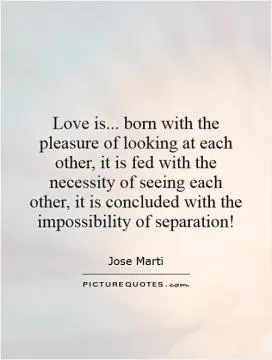
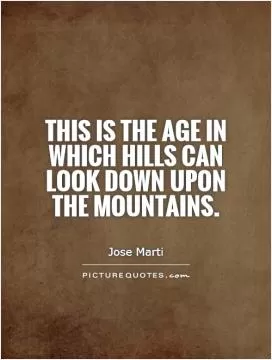
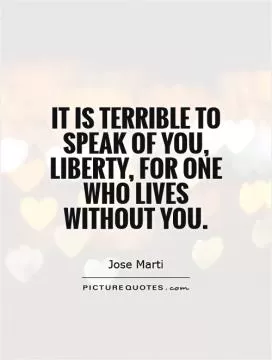
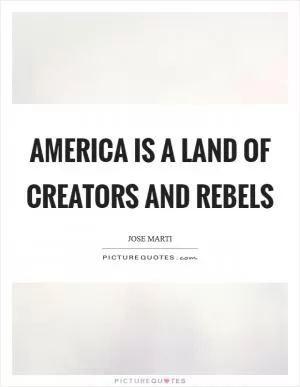
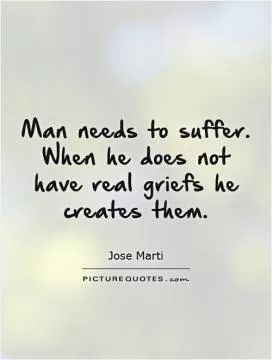
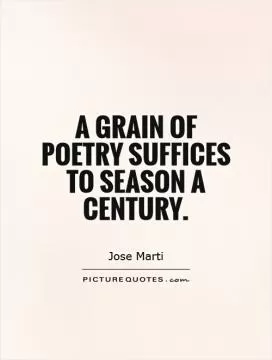
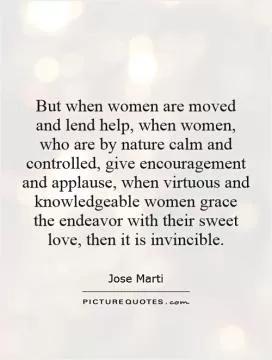
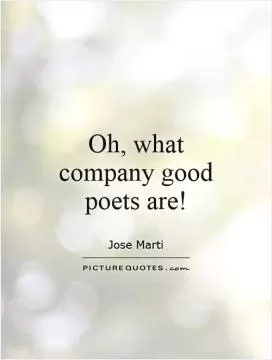
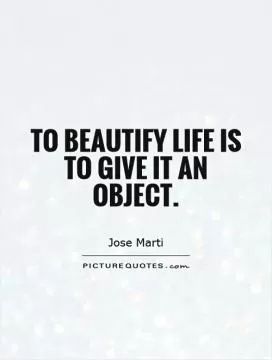
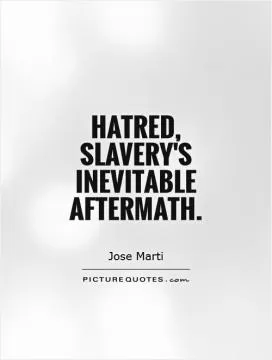
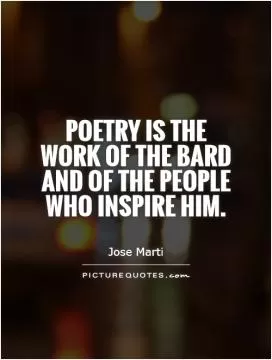
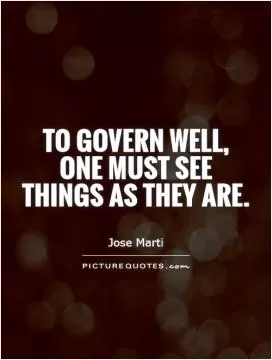
 Friendship Quotes
Friendship Quotes Love Quotes
Love Quotes Life Quotes
Life Quotes Funny Quotes
Funny Quotes Motivational Quotes
Motivational Quotes Inspirational Quotes
Inspirational Quotes